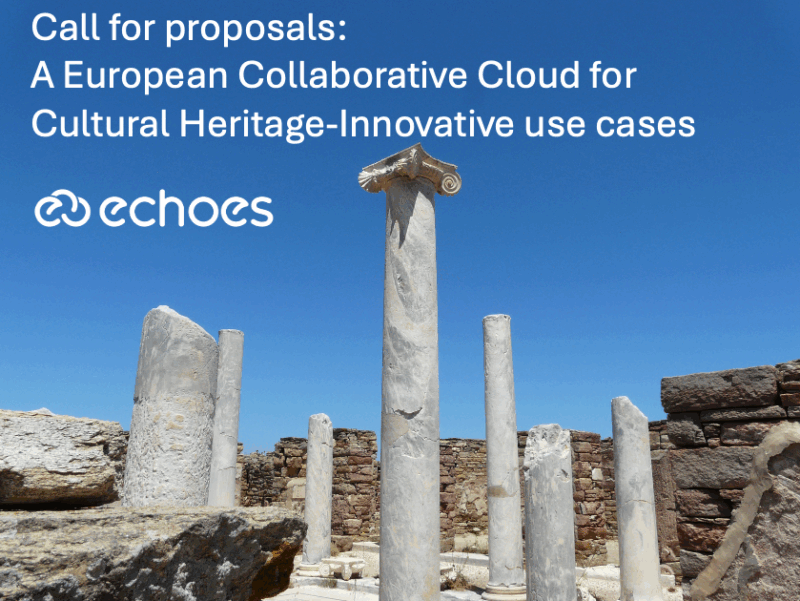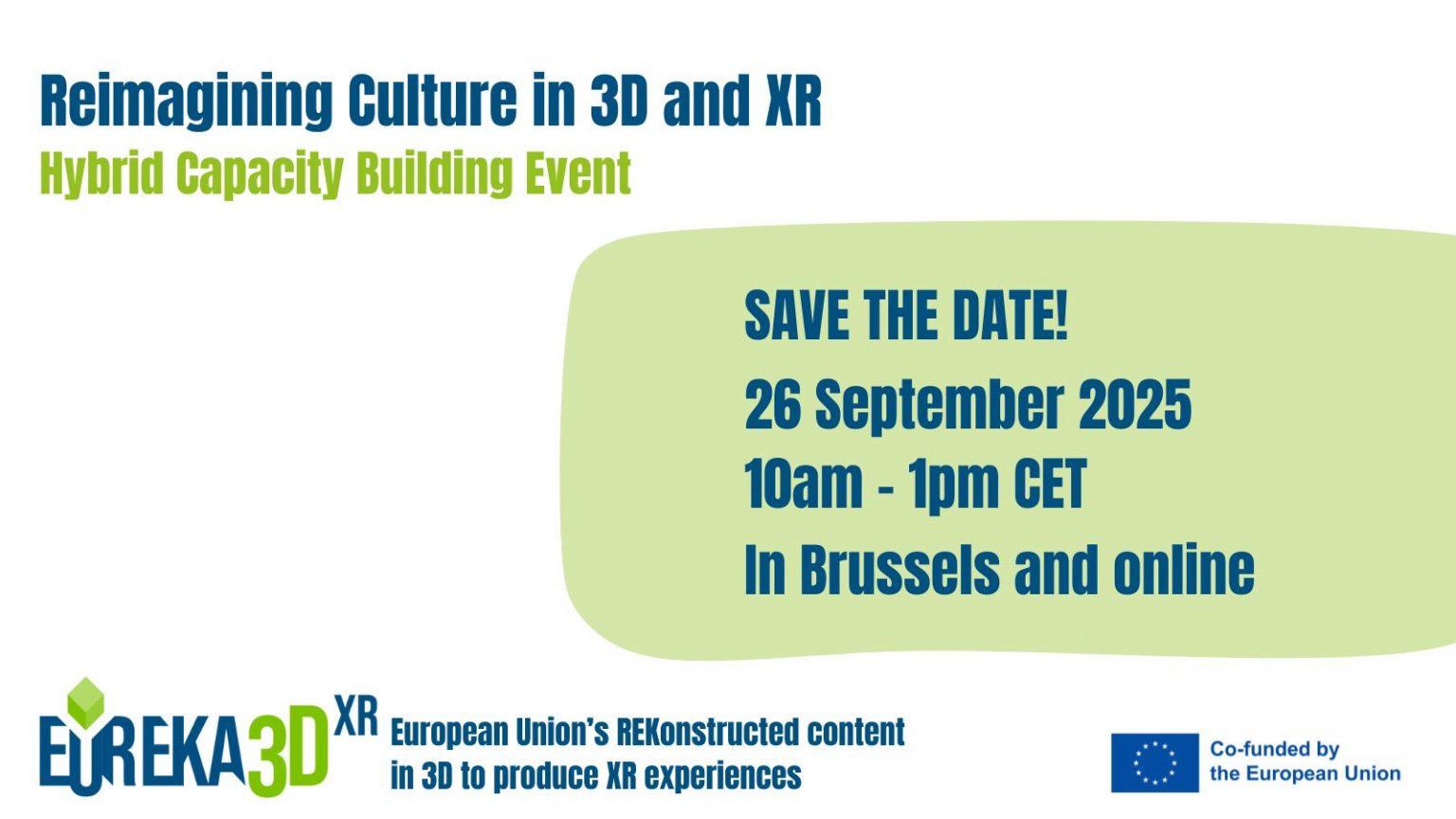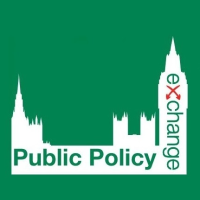 The tourism industry is of great socio-economic importance for the European Union, accounting for 10% of EU GDP and employing about 12 million people (Eurostat, 2015). According to the latest report by the United Nations World Tourism Organization (UNTWO), a market share of 40.3% of the global international tourist arrivals are directed to the EU-28, making Europe the most sought-after destination in the world. Eurostat data published in January 2017, further confirms the good health of EU tourism, indicating that the number of nights spent in tourist accommodation establishments rose by 4% in 2015, totalling 2.8 billion.
The tourism industry is of great socio-economic importance for the European Union, accounting for 10% of EU GDP and employing about 12 million people (Eurostat, 2015). According to the latest report by the United Nations World Tourism Organization (UNTWO), a market share of 40.3% of the global international tourist arrivals are directed to the EU-28, making Europe the most sought-after destination in the world. Eurostat data published in January 2017, further confirms the good health of EU tourism, indicating that the number of nights spent in tourist accommodation establishments rose by 4% in 2015, totalling 2.8 billion.
In recognition of the industry’s significant role in driving pan-European job creation and economic growth, the European Commission has introduced various initiatives, particularly aimed at promoting sustainability, accessibility, culture, and at boosting low season and coastal tourism. The Virtual Tourism Observatory, the Digital Tourism Network, and the tourism managing tool, European Tourism Indicators System (ETIS), have been established to modernise European tourism and improve connectivity and competitiveness. In addition, the campaign ‘Europe. Wonder is all Around’ has provided an innovative platform for promoting a plethora of diverse, sustainable and high quality travel destinations across the continent.

As tourists become more independent, connected and conscious of sustainability issues, Europe needs to embrace, and adapt to, their changing profile and priorities, and become better at promoting so-called smart destinations. New technologies moreover offer challenges and opportunities for European tourism. Whilst businesses need to adopt the latest digital technologies to remain competitive, research demonstrates that the smaller the business, the lower the rate of adoption of digital technologies (Report of the Strategic Policy Forum on Digital Entrepreneurship, 2016). In addition to digitising the sector, Europe needs to take opportunities to integrate culture and technology in new and innovative ways, targeting strategic investment in areas where it can be a world leader, such as cultural tourism.
This symposium will provide delegates with an invaluable opportunity to analyse the strategic role for the tourism sector in supporting economic and employment growth in Europe, and consider how opportunities offered by cultural tourism can be capitalised upon. Attendees will also scrutinise the challenges and prospects associated with the digitalisation of the sector and explore how ICTs can be better integrated into tourism and travel related services. The symposium will promote the exchange of ideas and encourage delegates to engage in thought-provoking debate.
Delegates will:
- Examine initiatives implemented by the EU to promote and support tourism
- Consider the economic and non-economic challenges facing the European tourism industry
- Discuss the challenges and opportunities presented by digitisation and reflect on its implications for competitiveness and job creation
- Assess how to improve digital competency and foster digital literacy amongst operators within the sector
- Learn from successful projects on how to positively implement sustainability indicators systems such as the ETIS
- Analyse strategies to boost city tourism
- Engage in interactive discussions with stakeholders and trendsetters in the field of tourism
- Share best practice of successful innovation projects to increase tourism accessibility
For further details, please refer to the enclosed event brochure. Do feel free to circulate this information to relevant colleagues within your organisation.
In the meantime, to ensure your organisation is represented, please book online or complete and return the registration form at your earliest convenience in order to secure your delegate place(s).
Flyer of the event (PDF, 1 Mb)


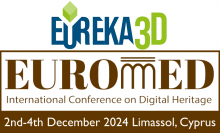
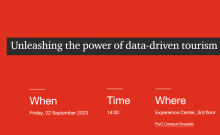
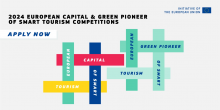
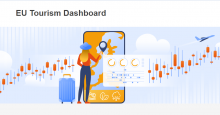
 If you have interesting news and events to point out in the field of digital cultural heritage, we are waiting for your contribution.
If you have interesting news and events to point out in the field of digital cultural heritage, we are waiting for your contribution.

